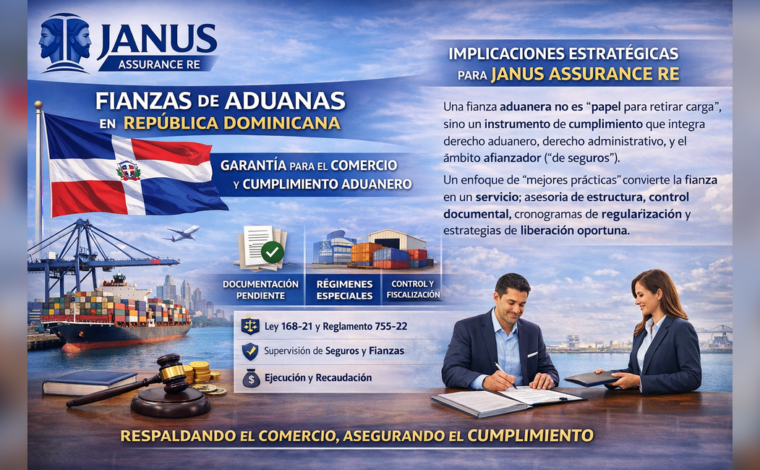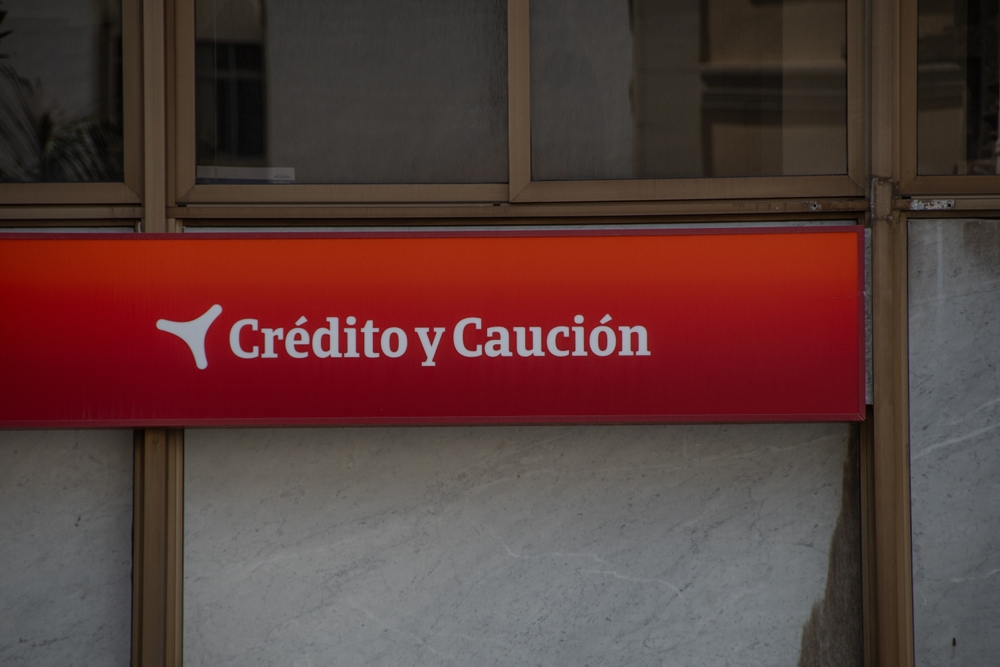Surety bonds as we understand them in the West appear difficult to reconcile with Islamic jurisprudence because they are commonly underwritten for a fee and may embed interest-like (ribawi) benefits or speculative uncertainty (gharar). Yet the classical juristic construct of kafālah (guarantee) and its modern standardization in Islamic finance provide a coherent pathway to operationalize surety activities in ways that are consistent with Shariah. The core concept is to map the economic function of a surety bond (standing behind a principal’s contractual obligation to an obligee) onto kafālah or ḍamān, then eliminate riba and excessive gharar by restructuring the consideration, risk transfer, and remedies. When re-engineered in this manner, surety activity serves the Qur’anic mandate to “fulfil your covenants” (Q 5:1) and promotes transactional justice without prohibited elements (Qur’an 5:1).
Classical permissibility of guarantees. Islamic law has long recognized kafālah as a valid, benevolent undertaking by which the guarantor adds his liability to that of the obligor for a debt or performance. The prophetic report “al-zaʿīm gharīm” (the guarantor is liable) underwrites this doctrine in the Sunnah and is widely cited by jurists as evidencing the guarantor’s secondary liability (Zubair et al. 2019). Modern surveys of the doctrine note its continuity from the classical schools into contemporary practice. The Accounting and Auditing Organization for Islamic Financial Institutions (AAOIFI) codifies this in Shari’ah Standard No. 5 (Guarantees), which affirms that a contract of guarantee is permissible subject to the general conditions of Shariah (AAOIFI 2015).
The fee problem and Shariah solutions. The principal jurisprudential objection to charging for a guarantee is that a guarantor who might pay on behalf of the obligor could later recover from the obligor, creating a loan for benefit scenario, which is a classic form of riba. For that reason, the International Islamic Fiqh Academy (IIFA) resolved that charging a wage for issuing a letter of guarantee is impermissible, whether covered or uncovered, but that actual administrative expenses may be recovered so long as they reflect real costs (IIFA 1988). This principle is echoed across contemporary standards and fatwas that allow cost recovery while forbidding a price for the kafālah itself (AAOIFI 2015).
Operationally, Islamic finance implements this by unbundling the relationships. First, kafālah or ḍamān between the surety and the obligee is treated as a gratuitous guarantee, with no remunerative consideration attached to the guarantee obligation itself. Second, where the bank or surety operator performs underwriting, monitoring, documentation, and issuance services for the principal, it may charge a wakālah or service fee strictly equal to actual administrative costs, not a percentage-based premium that prices risk like insurance (Mohd Nor 2016). Third, if the principal posts cash collateral or a counter guarantee, the bank’s relationship with the principal is agency or custodianship with permissible fees, while the kafālah to the obligee remains gratuitous (IIFA 1988). This three-part architecture lines up with central bank policy in leading Islamic finance jurisdictions. Bank Negara Malaysia’s policy document on Kafālah (2017) delineates the types of guarantees (of debt, asset, or person) and governs entry, discharge, and dissolution of the guarantee in a manner that supports commercial deployment while preventing riba and gharar. Combined with AAOIFI Standard No. 5, these rules provide a robust, industry-accepted pathway to structure surety functionality within Shariah parameters (AAOIFI 2015; Bank Negara Malaysia 2017).
Managing gharar and aligning remedies. Two further concerns—uncertainty and penalties—are addressed by careful contract design. Excessive gharar is mitigated because the obligee’s right to call on the guarantor is tethered to objectively verifiable events of default under the underlying works or payment obligation. The kafālah neither speculates on an unknown event nor transfers pure risk for a price. Remedies also require alignment. Conventional bonds sometimes specify liquidated damages or penal sums. Contemporary Shariah governance allows liquidated damages to compensate actual, provable loss (and in some jurisdictions, to discipline late performance in works contracts) but disallows interest-like penalties for late payment of debts. A Shariah-compliant surety therefore limits payouts to completion costs, direct loss caused by non-performance, and agreed genuine pre-estimates of loss that are not time value of money charges (Securities Commission Malaysia 2012).
Economic function and maqāṣid. Properly structured, Islamic surety advances the maqāṣid al-Shariah (objectives of law) in commerce. It supports the fulfillment of contracts, protects counterparties from harm, and lowers transaction costs in infrastructure delivery without selling risk for a premium. The Qur’anic imperative to honor covenants and the Prophetic endorsement of enforceable guarantees reinforce this ethical orientation (Qur’an 5:1; Zubair et al. 2019).
A practical template. A Shariah-compliant performance or payment bond can be implemented as follows. The Islamic bank issues a kafālah in favor of the project owner that guarantees the contractor’s obligations, avoiding interest language and referencing AAOIFI No. 5. The issuer charges the principal a schedule of administrative or service charges mapped to documented costs, aligning with IIFA’s “actual expenses” requirement (IIFA 1988; Mohd Nor 2016). Where collateral is posted, the principal enters a wakālah or custody arrangement for the cover; the issuer’s recourse after honoring a call is an indemnity capped at ‘amounts paid’, without interest. Finally, claims under the kafālah are linked to clear, objective triggers and payouts limited to actual loss.
Addressing objections. The most persistent objection is that market practice prices surety bonds by risk, not by cost. Islamic jurisprudence answers this by reframing the issuer’s role. The kafālah itself is not a commodity and must not be sold. What is sold are permissible services ancillary to issuing and administering the guarantee. Where regulators or market norms insist on ad valorem pricing, Shariah-compliant operators should substitute documented cost plus service models or embed the guarantee within project finance structures that avoid selling risk outright (IIFA 1988; Bank Negara Malaysia 2017).
Surety bonding, understood as the public law instrument used to protect counterparties in construction and commercial contracts, can be re-expressed through kafālah or ḍamān with cost-based service charges, non-ribawi remedies, and governed collateral. This synthesis preserves the social utility of surety while conforming to the legal and ethical architecture of Islamic commercial law. Properly implemented under AAOIFI standards and IIFA guidance and supervised by competent Shariah governance, surety activity becomes an application of Islamic jurisprudence’s commitment to fairness, covenant keeping, and harm prevention in markets (AAOIFI 2015; IIFA 1988).
خارج العالم الإسلامي ، يكاد يكون من المستحيل تحديد شركة تأمين تلتزم بإخلاص بتعليمات الرسول (صلى الله عليه وسلم). نحن نبذل جهدًا كبيرًا للشراكة مع شركات التأمين التي تحترم القواعد العظيمة ولكن الاتحاد غير كامل. نحن لا نفرض أي فائدة أو رسوم تأخير أو أي شروط اغتصاب. عندما يجب أن نتعاون مع الناقصين ، نعيد أرباحًا محددة للأعمال الخيرية.
~ C. Constantin Poindexter, MA, JD, CPCU, AFSB, ASLI, ARe
Bibliography
- AAOIFI. 2015. Shari’ah Standards for Islamic Financial Institutions. Bahrain: Accounting and Auditing Organization for Islamic Financial Institutions. Standard No. 5 “Guarantees.”
- Bank Negara Malaysia. 2017. Kafalah (Policy Document). Kuala Lumpur: Bank Negara Malaysia.
- International Islamic Fiqh Academy (IIFA). 1988. “The Letter of Guarantee—Resolution No. 12 (12/2).” Jeddah: Organization of Islamic Cooperation, International Islamic Fiqh Academy.
- Mohd Nor, A. M. 2016. “A Framework for Determination of Actual Costs in Islamic Financing Products.” Journal of Islamic Finance (International Islamic University Malaysia).
- Qur’an 5:1. “O you who believe, fulfil [all] contracts.” English translations and classical commentaries.
- Securities Commission Malaysia. 2012. Resolutions of the Shariah Advisory Council of the Securities Commission Malaysia. Kuala Lumpur: Securities Commission.
- Zubair, M., et al. 2019. “Revisiting the Concept of Legal Guarantee in Islamic Law.” Humanities and Social Sciences Reviews 7(2): 214–220.












































